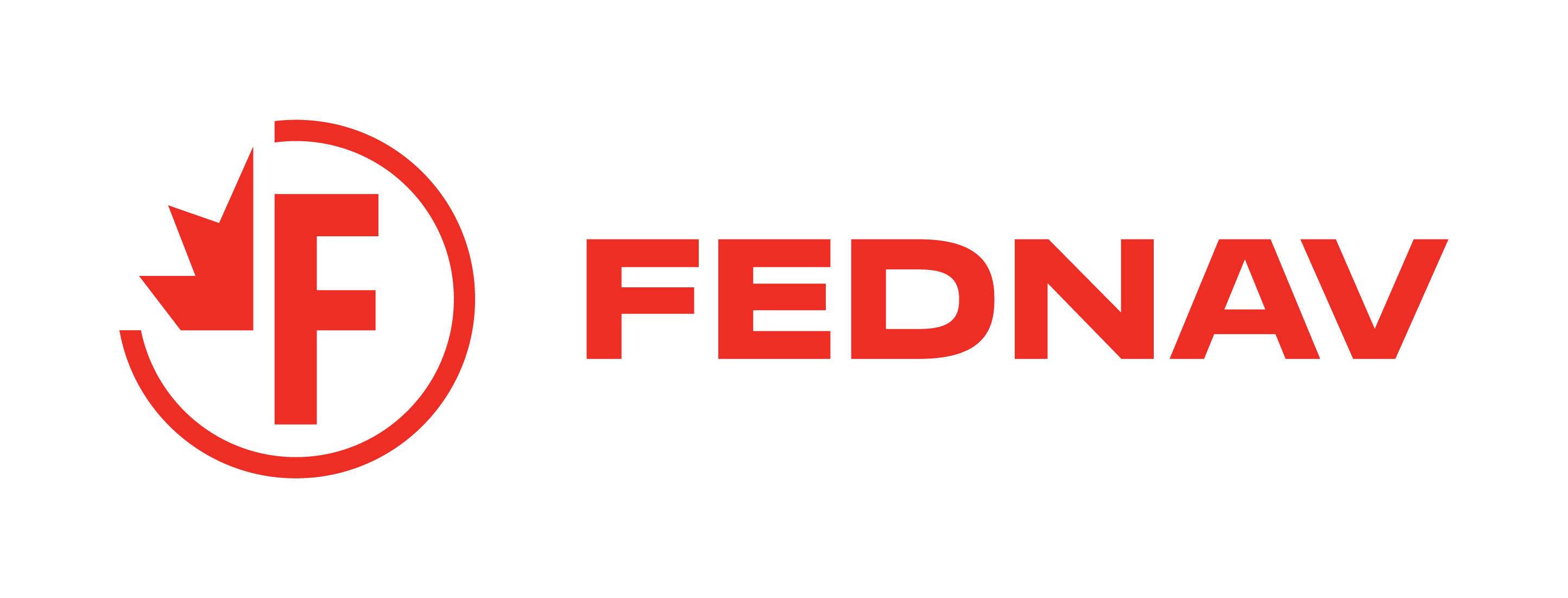
Canadian bulker power is a private owner and proud of it
by Joe Brady, TradeWinds
There is growing concern among public bulker owners over how investors treat their shares: they trade well below net asset value, they fall when the market is poor and do not rise much when it is better.
Paul Pathy has no such worries.
The chief executive of private Canadian shipowner Fednav told TradeWinds on the sidelines of this month’s Connecticut Maritime Association conference in Stamford that the notion of going public does not hold much appeal for him.
Fednav, it seems, is doing just fine without other people’s money.
“We’ve given no thought to being a public company,” Pathy said flatly.
He noted that he is the third generation of a family business started by his grandfather in Montreal in 1944.
“We’re known for being under the radar — why go public? The only reasons to do so are that you need money, or you want to have more money.
“But we’re very strong financially. We did very well during the market boom in the late 2000s and our financial stability is something we promote as part of our identity. It gives comfort to our counterparties to know that we’re not going anywhere.”
Fednav is run like a family business and Pathy likes it that way.
“I don’t believe that, in general, shipping companies make good public companies,” he said.
“In shipping markets, sometimes it makes sense to sit and do nothing for two or three years. That doesn’t work for public companies, who are being judged every quarter. They’re in a position of doing things to make the shipping analysts happy.”
One of the virtues of being private is that Fednav — a leader in the Great Lakes trade and Arctic ice-class business — does not need to disclose its results or other financial information.
Not surprisingly, Pathy was not willing to get into specific numbers. “I like to tell people we’re a billion-dollar business — it leaves a little mystery about how to interpret that, which I think is good,” he said.
Fednav is not yet being affected by the awful rates thus far in 2019 for capesizes after the Vale dam collapse in Brazil. In a standing fleet of about 85 — 65 owned — its vessels range from ultramaxes to handysize.
Although it is a global operator, it derives about 30% of its business from the specialist Great Lakes trade and taps another niche in Arctic ice-class cargoes, under long-term contracts.
“The cape market has not affected us directly to this point, but [if] it continues to be down, it will eventually filter to the smaller vessel classes,” Pathy said.
“What affects us overall is what the index does — just like any other operator, we’re trying to earn a premium over the [Baltic Supramax Index].”
When the index is low, Fednav tends to do better in the lakes trade. When it is high, it earns a little less.
“What the lakes trade gives you is more stability and less volatility,” he said.
Fleet renewal
Fednav has been renewing its fleet in Japan over the past few years, having ordered 20 vessels — most at its favourite yard, Oshima Shipbuilding. It is taking delivery of 15 bulkers of various sizes over the next three years.
“I’m committed to growing the business in a reasonable and sustainable way,” Pathy said. “I want to be one of — if not the — leading supramax and handysize owners.
“I want to be the best boutique hotel in the world, not necessarily the biggest hotel in the world.”
Source: https://www.tradewindsnews.com/finance/1752572/other-peoples-money-does-...





